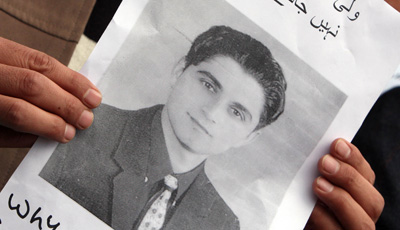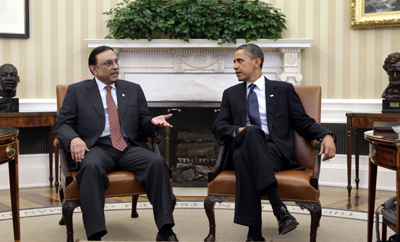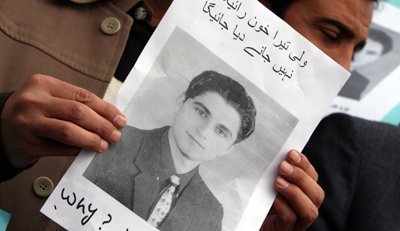
From Karachi to New York: A tale of fear, loss, and hope
On Monday, a well-known Pakistani journalist came to our office in New York. We had been messaging and texting for a few weeks, so I knew what to expect. Despite the harsh reality check that CPJ’s Sheryl Mendez and I offered during our 90-minute meeting, he is going ahead with the process of applying for…
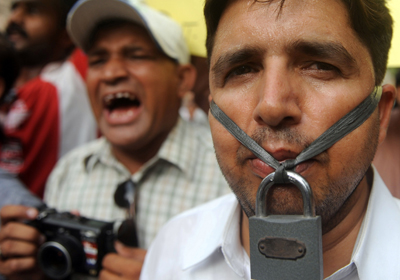
A killing field: The targeting of journalists in Pakistan
For the past several weeks, CPJ’s Asia and Journalist Assistance programs have been in regular contact with local and international organizations who are concerned about the rising number of journalists and media workers at risk in Pakistan. CPJ and several other groups are working together on viable, in-country solutions: Journalists in Pakistan are in need…
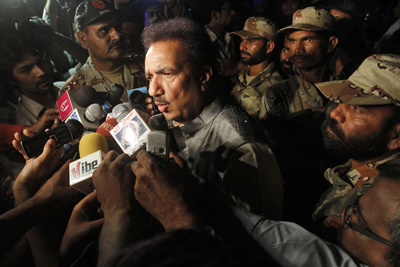
Karachi might be more dangerous for media than FATA
Karachi, Pakistan’s economic hub, is one of the country’s main media centers, with more than 2,000 journalists and the head offices of leading media organizations. Journalists in the city have come under attack before, with seven journalists killed there since 1994. But the situation was never as dangerous as it has been this past year.
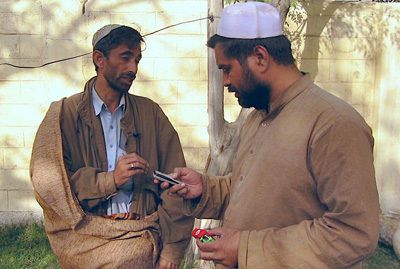
Prominent journalist dies in targeted killing in Pakistan
New York, May 31, 2011–The Committee to Protect Journalists is alarmed and angered by the targeted killing of senior Pakistani journalist Saleem Shahzad, the Pakistan bureau chief of the Asia Times online website. Shahzad, considered an expert on Al-Qaeda and Taliban militants, disappeared on Sunday night as he was on his way to participate in…
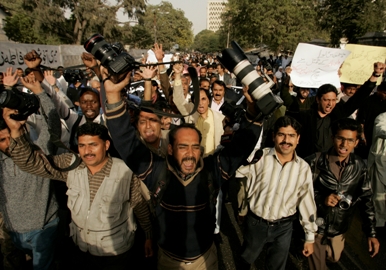
Another journalist targeted in Karachi as violence surges
New York, April 21, 2011–An outburst of violence took the lives of at least 20 people in a bomb blast and targeted attacks in Karachi on Wednesday and Thursday. The huge port city of more than 13 million people is caught in a gangland-style turf war made worse by sectarian and political conflict, according to…
Pakistani journalist abducted, released in Karachi
New York, March 22, 2001–The Committee to Protect journalists joins with colleagues in Pakistan in calling for an immediate investigation into Monday’s abduction and abuse of senior journalist and vice president of the Karachi Union of Journalists, Mohammad Rafique Baloch.
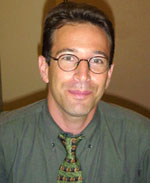
Flawed, but important: The Danny Pearl case revisited
It’s good to see that not everyone has forgotten about the Danny Pearl case. The Pearl Project, a three-year investigation carried out by a team of American journalists and students at Georgetown University says that the Pakistani government’s conviction of the four men it claimed beheaded Pearl sometime in February 2002, were convicted on conflicting…
